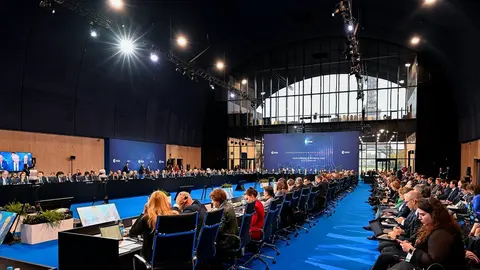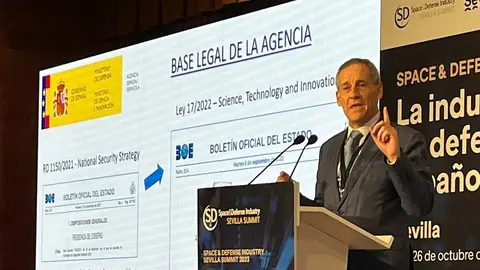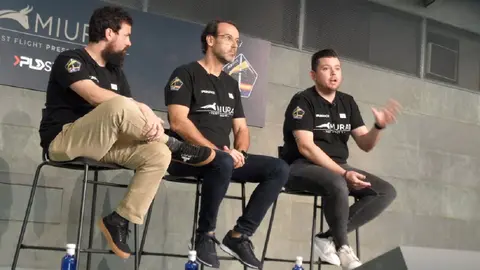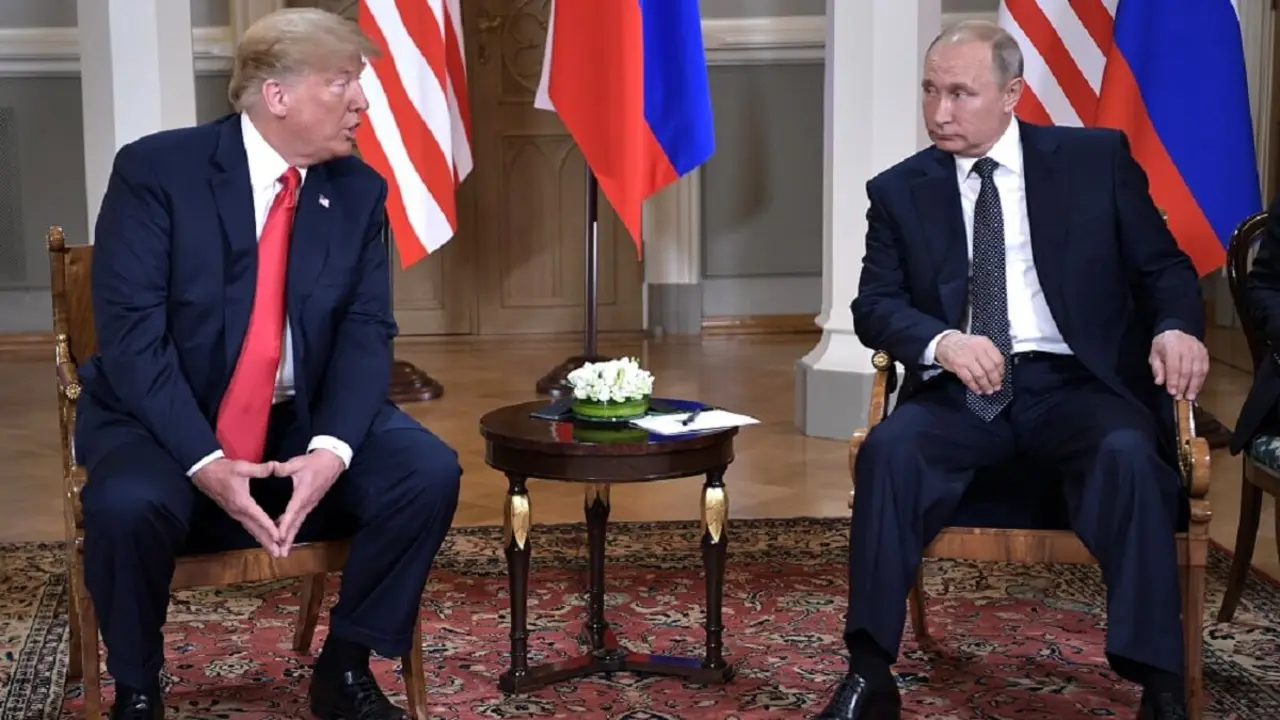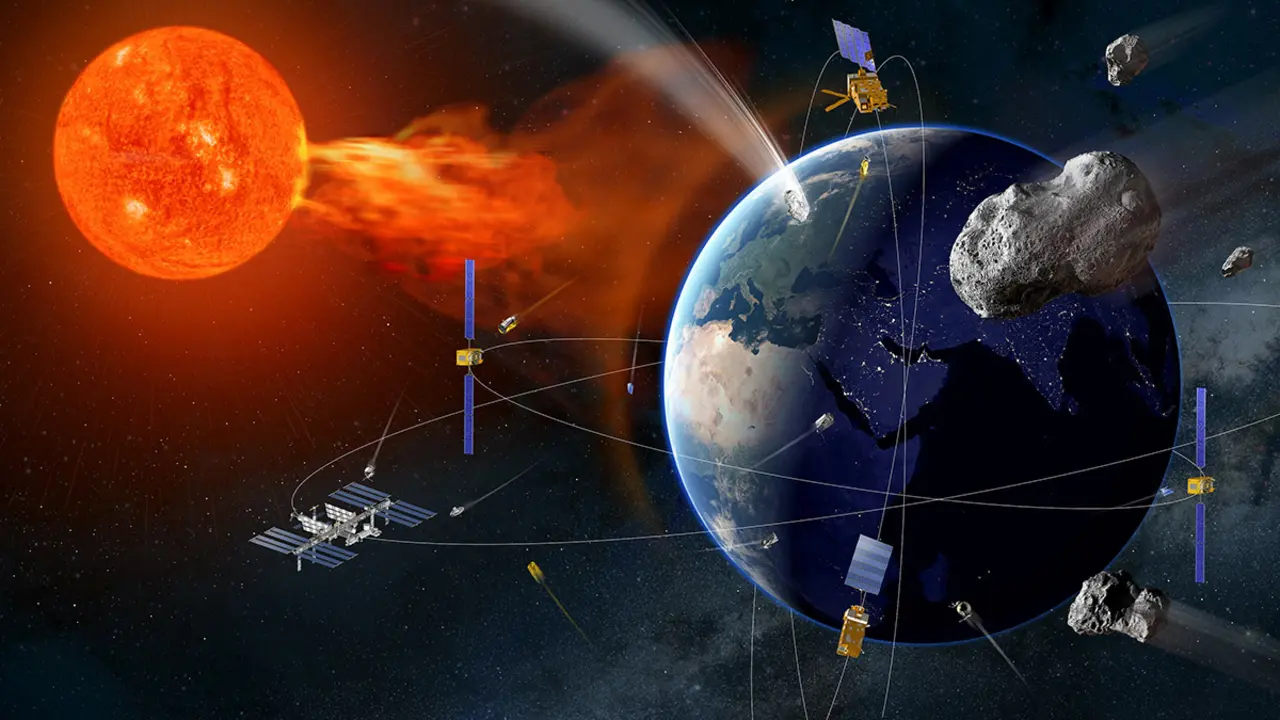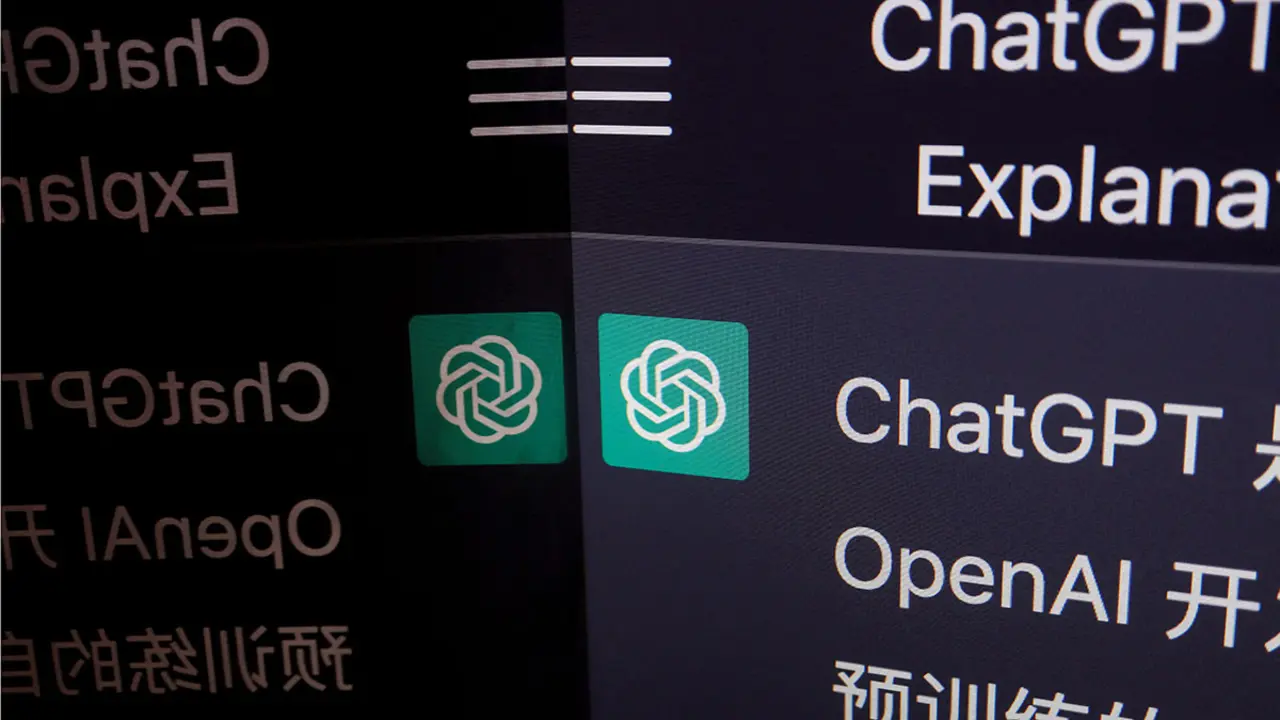Seville space summit succeeds in saving the Ariane 6 "soldier" led by France

The dozens of ministers and senior space officials from the European Union and the European Space Agency (ESA) are back in their respective capitals after fulfilling their role in Seville on 6 and 7 November. But some have accomplished more than others.
The German delegation, led by the Director General of its space agency (DLR), Walther Pelzer, and the large French delegation, led by the President of the Centre National d'Etudes Spatiales (CNES), Philippe Baptiste, have left the Andalusian capital with their strategic and industrial objectives achieved, focused on reaffirming Europe's autonomous and sustainable access to outer space.
The large Italian delegation also left the city of the Giralda satisfied, led by the Minister for Enterprise and Made in Italy, Adolfo Urso, accompanied by the President of the Italian Space Agency (ASI), Teodoro Valente, who has only been in office for four months.

All of them landed in Seville on Sunday afternoon, 5 November, with their cards marked. Shortly before the Andalusian summit, the ministers responsible for space affairs from Germany (Robert Habeck), France (Bruno Le Maire) and Italy - the aforementioned Adolfo Urso - had met in Rome to hammer out a three-way agreement and settle nearly half a year of disagreements in their tactical and strategic approaches.
It should be noted that the three nations lead ESA activities. Their combined contributions to the common fund amount to 2,627.7 million. If we take into account that the European agency's budget in 2023 totals 4.9 billion euros, the contributions from Berlin, Paris and Rome represent 53.6% of the agency's money. With the aforementioned letter of visit and once a trilateral consensus has been reached, the pact has been presented and accepted by the states at their Seville conclave.

A balance where all three gain more than they lose
France, which is sponsoring ArianeGroup, the prime contractor for Ariane 6, is achieving its two main objectives. The first is to obtain a very large public aid package - estimated at between 290 and 340 million euros per year - to cover the operating costs in French Guiana to finance the Ariane 6 flights from 16 to 42, which are expected to take place from 2026 onwards. The Ariane 6 project is well in excess of 3.6 billion euros and each flight is estimated to cost more than 115 million euros.
In parallel to the Ariane 6 safe launch, the other major objective of the Elysée has been to obtain the agreement of its partners to jointly refurbish and modernise the Kourou space base in French Guiana and adapt it to the new and growing market for launch services that is on the horizon.
With a view to the future, Paris aims to create the infrastructures and conditions that will allow young European companies to set up launch pads for their new rockets there, as would be the case of Spain's PLD Space with its Miura 5 commercial launcher, currently under development at the company's facilities in Elche.

On the Italian side, the company Avio has also achieved its two main goals. On the one hand, it also obtained public subsidies for the operation of its Vega-C launcher. In this case, of a much smaller amount, only a maximum of 21 million euros per year for flights 26 to 42.
Secondly, Avio obtained the go-ahead to break its contract with the French launch services company Arianespace, which until now has been responsible for the exclusive marketing of Vega rockets. From a date to be determined, Avio itself will go to market without the French company, which, by the way, has an extensive and highly professional sales network.

Ending ArianeGroup's monopoly at ESA
And what is the benefit for Germany? Well, in return for supporting the lion's share of the funding that guarantees the continuity of Ariane 6 and the Vega rocket family, Olaf Scholz is demanding that Macron's France and Giorgia Meloni's Italy open up the ESA and the EU to free competition in their space launcher market.
There is virtual unanimity among ESA countries, and even in Brussels, that the current ESA model for developing and advancing Ariane 6 has proven inefficient and is no longer valid in a market where new private players have entered. Even the influential and powerful European Commissioner for the Internal Market, the Frenchman Thierry Breton, said in Seville that he was "not happy with what has happened with Ariane 6, there have been successive delays and the launch schedule that we were not promised has not been respected".

Germany's long-term strategy envisages that ESA will begin the process of replacing Ariane 6, which will clearly be a reusable rocket, not many years from now. And Berlin hopes that German space companies such as OHB, Isar Aerospace, Rocket Factory Augsburg and HyImpulse will have the opportunity to bid for and profit from the projects they all have in the pipeline.
In addition to the key issues agreed in Seville, ESA's Director General, Josef Aschbacher of Austria, has been given the backing to take the first steps in a competition to develop a spacecraft for transport and supply to and from the International Space Station, its successor and future commercial orbital complexes.

The initiative follows the path of NASA's Commercial Orbital Transportation Services (COTS) programme. As Aschbacher said in Seville, it is "a small but impactful step towards enabling a much bigger ambition". ESA itself and nations that share France's views, including Spain, are confident that the new spacecraft will serve as the basis for a future manned space capsule or mini space shuttle. If successful, it would pave the way for autonomous European exploration of the cosmos, which is why the French space agency describes itself as "the engine of a reinvented space Europe".
All in all, everyone proclaims the ESA summit in Seville "a success". President Macron had to give in to Chancellor Scholz and Prime Minister Meloni, but he managed to secure the necessary aid to sustain the economic viability of Ariane 6, which should become the only European heavy launcher from 2024 onwards.


